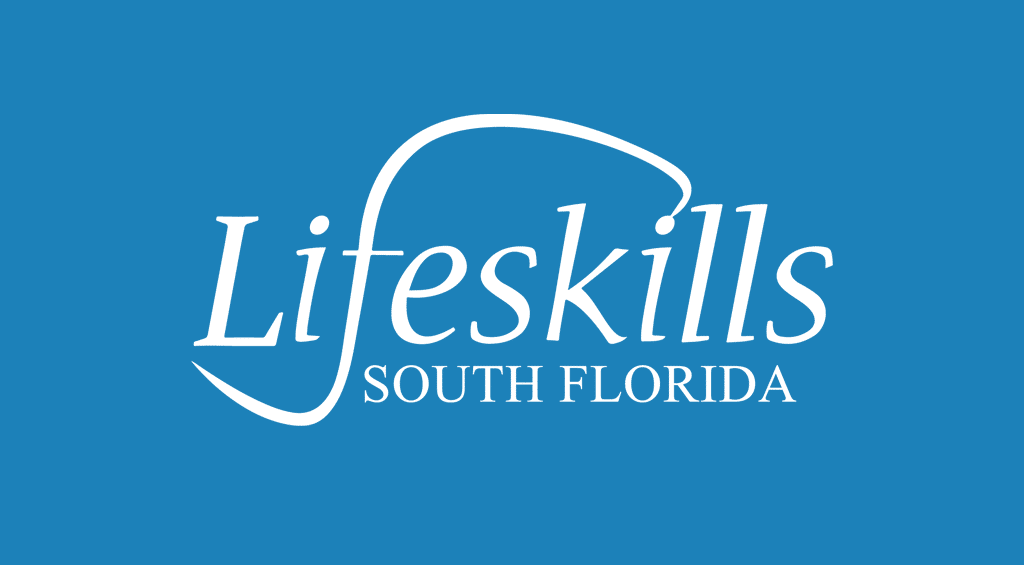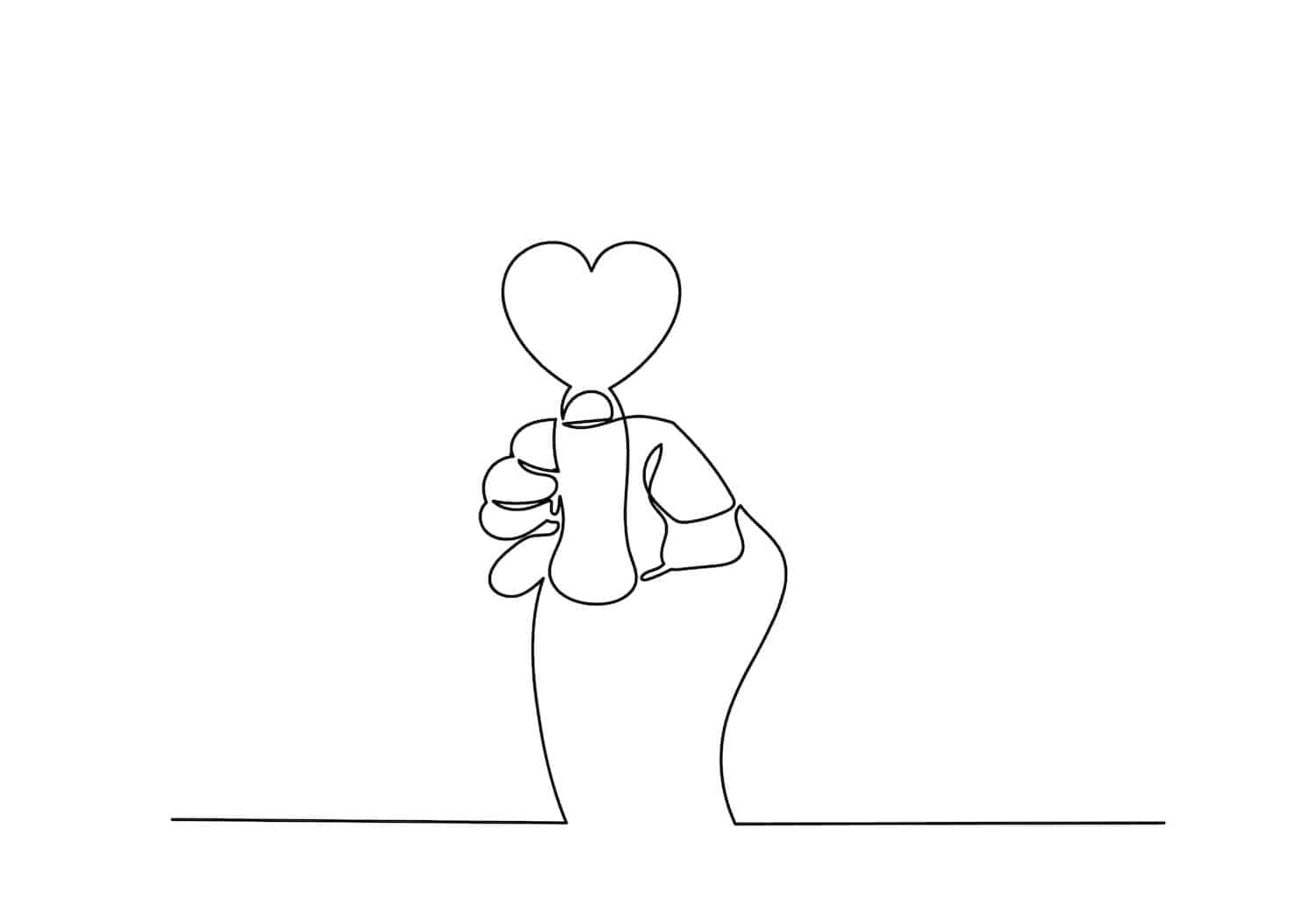The Hal. S. Marchman Alcohol and other Drug Service Act of 1993, often simply called the “Marchman Act,” is a legislative act that provides intervention, detention, and assistance for individuals struggling with drug and alcohol abuse. The Marchman Act forces an individual located in Florida into addiction treatment.
A court order for treatment is issued following a petition filed by a person (recognized as a person in good faith) who possesses knowledge of an individual that has lost control over their addiction and poses a threat to themself or others. The individual in need of treatment must also lack the ability to make rational decisions about treatment for their addiction. After the court order is officially issued, the impaired person must complete an involuntary assessment in five days or less. Once complete, a judge reviews the findings and can order an individual into an addiction treatment program, sometimes from 60 to 90 days.
There are designated attorneys that can file the Marchman Act for an individual and see that placement into an addiction treatment program is successful. Joe Considine, Esq. is a distinguished Marchman Act attorney that serves the South Florida area. Practicing since 1983, Joe has helped hundreds of families in need of addiction and mental health intervention through the utilization of the Marchman Act. If you would like to inquire about filing a Marchman Act case with Joe, please visit his website at www.joeconsidinelaw.com.
Florida’s Marchman Act: FAQs
Provided below are some FAQs regarding Florida’s Marchman Act answered by Joe Considine Esq.
Does the potential individual or someone in the family have to be a resident of Florida to get a court to order an assessment of the individual who’s suffering from substance use disorder, with the goal of “triggering” a Marchman Act?
The individual with a substance use disorder doesn’t have to be a resident of Florida. It’s enough that the individual is living, even temporarily, in the state. Moreover, the family members don’t have to be Florida residents either. Many of our clients are out-of-state families who suggest to their loved one that they visit Florida under the suggestion that they investigate treatment centers or just to enjoy the beaches/weather. Once the individual is in Florida, the family member or friend can file the Marchman Act papers and the court can enter an order.
How difficult is it to receive this assessment order and what needs to be proved to warrant issuing the Marchman Act?
It’s not difficult to obtain an assessment order. There has to be a “good faith” reason to believe that the person is substance abuse impaired or has a co-occurring mental health disorder (i.e., a dual diagnosis) and because of the impairment or disorder:
The person has lost the power of self-control with respect to substance abuse, or the person needs substance abuse services because their judgment has been so impaired that they’re incapable of appreciating their need for such services and of making a rational decision about services; or
Without help, the person will likely suffer from neglect or refusal to care for themself which poses a real threat of substantial harm.
For most people with a substance use disorder, the above criteria aren’t difficult to establish to the court in order to obtain an order for the assessment and detox.
Doesn’t having an individual committed through the Marchman Act take away their personal commitment to treatment and desire to recover? In other words, don’t they have to reach that “rock bottom” point to where treatment is truly effective?
We must re-evaluate the belief that no one gets sober unless they want to. This belief must be scrutinized especially in the context of the staggering number of deaths brought about by the opioid epidemic. Can we afford to wait for the addict to want to get clean? This new thinking is supported by science. There are many studies that demonstrate that court-ordered treatment is at least as effective, if not more effective, than voluntary treatment.
United States Surgeon General Vivek Murthy and mental health professionals agree that addiction is a disease of the brain. The addict’s dopamine receptors are so highly and persistently stimulated by using substances that they stunt the executive decision-making function of the prefrontal cortex (the part that tells the addict to stop using). It can take anywhere from 12 to 18 months of abstinence for the creation of healthy neuropathways and for dopamine receptors to “quiet down” so that the usual pleasures of life – a beautiful sunset, a baby cooing, exercise, and tasty food – are satisfying.
In my law practice, I see the effects of court-ordered moderate and long-term treatment upon individual substance abusers who wanted no part of treatment and had to be compelled to treatment by the court. In many instances, these people know they need help, but they couldn’t imagine life without substances. Often, we see the person weeks later with a much healthier attitude and appearance than the person we first brought to court. They’re grateful that their families stood up for them.
Won’t having my loved one committed to treatment via Marchman Act threaten our relationship or damage any trust we have left remaining between us?
I was very impressed by the comments of a client, a father, who filed the case notwithstanding that his daughter would be angry with him. He said, “I want to know that if her substance abuse kills her, I did everything possible to get her help.”
Some family members worry that their loved one will be upset with them for taking action to save the addict’s life. In some instances, family members think that the addict can be reasoned with to go to treatment. These concerned friends and family need to know that the executive decision-making part of the brain of the addict isn’t functioning and that the family member/friend needs to act in the best interest of the substance abuser by having them court-ordered to treatment. They also need to know that once the addict is in treatment for a period of time, in many cases, they’re relieved and grateful that their loved ones had the courage to act on their behalf.
Addiction Treatment at Lifeskills South Florida
At Lifeskills, we’re dually licensed to treat dual diagnosis or the often-co-occurring substance use disorder and other mental health disorders. Additionally, we have a dedicated Substance Use Disorder Pathway that includes the integration of the 12-Step philosophy with cognitive behavioral therapy (CBT) and chemical dependency dialectical behavior therapy (DBT).The goals of the Substance Use Disorder Pathway include helping clients learn new skills, stay focused in the present moment, increase their interpersonal effectiveness, improve their emotional regulation, and live an engaging life in recovery.
If your loved one needs help, we’re here for you. Contact Lifeskills today by calling 833.484.1655 or by filling out our contact form.
Resources:
https://marchmanactflorida.com/




